Today’s FCC deadline forces telcos to combat robocalls
Mandated technology will help reduce phone number spoofing
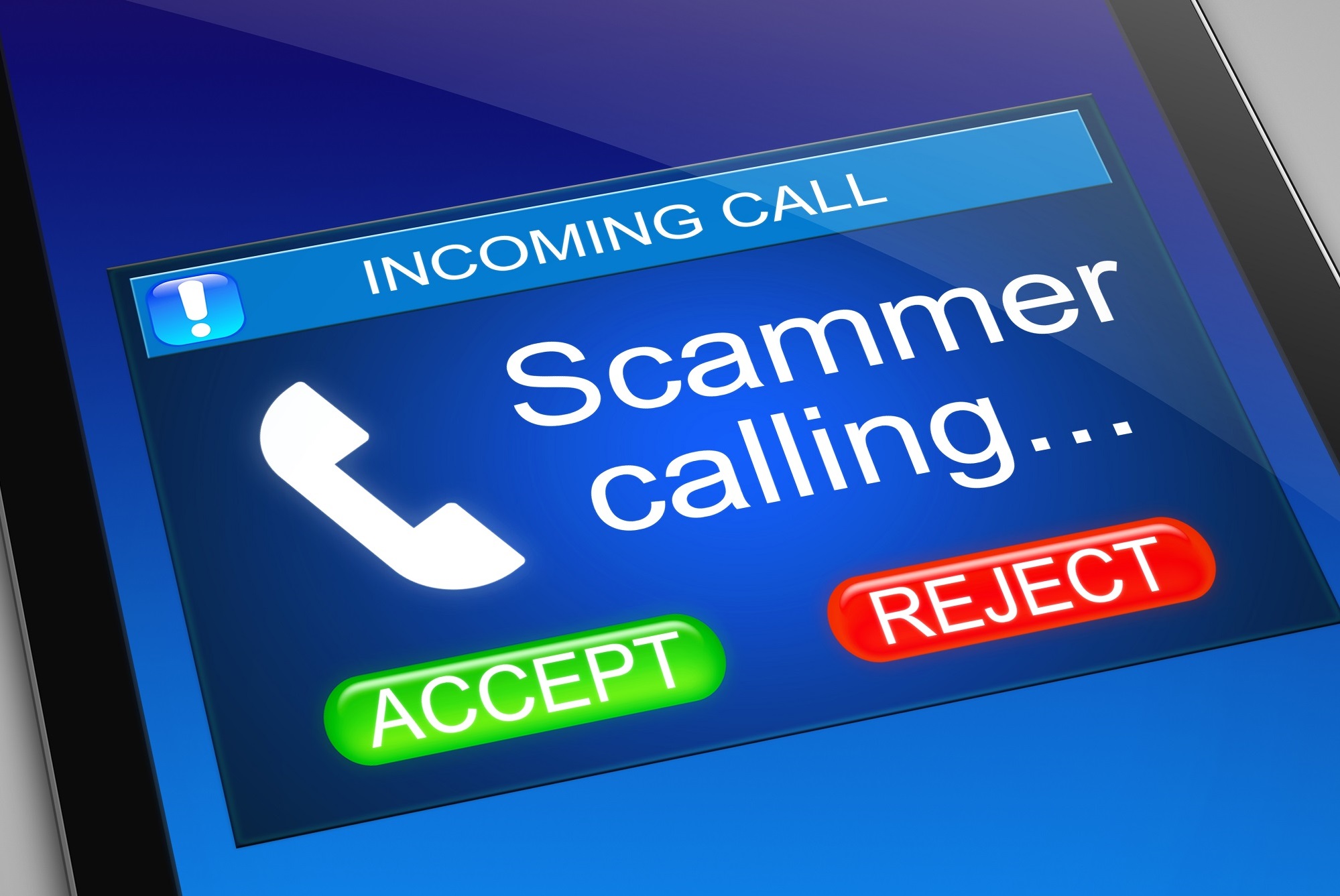

Today is the deadline for telecommunications companies to implement technology protections designed to protect consumers from robocall scammers.
Under legislation introduced 18 months ago, telcos must have implemented technology as of today that verifies callers on their networks or face potential penalties.
The protocol designed to stop scam robocallers is called secure telephone identity revisited (STIR). It applies digital signatures to telephone numbers from calling parties on session initiation protocol (SIP) networks. Signature-based handling of asserted information using toKENs (SHAKEN) is a set of STIR implementation guidelines for carriers.
A call made on a STIR/SHAKEN-enabled network sends an authentication request and originating phone number to a STIR authentication service.
The service checks that the caller is authorized to use that number and then signs a digital token that it sends to another STIR server on the recipient's network. That second server checks the legitimacy of the token against its database before passing the call to the recipient.
The technology is designed to stop robocall scammers spoofing numbers from reaching victims.
Robocalls have become a massive nuisance in the US, where consumers received 77 billion unwanted robocalls in 2020 alone, according to the Transaction Network Services 2021 Robocall Investigation Report.
Get the ITPro daily newsletter
Sign up today and you will receive a free copy of our Future Focus 2025 report - the leading guidance on AI, cybersecurity and other IT challenges as per 700+ senior executives
The FCC originally asked the US telecommunications industry to adopt these anti-spoofing protocols voluntarily in November 2018 under Chairman Ajit Pai, after a consultation on methods to verify caller information. The industry put together a stakeholder group for implementing the technology,
This attempt to introduce STIR/SHAKEN voluntarily stalled. In December 2019, Congress got tough, passing the Telephone Robocall Abuse Criminal Enforcement and Deterrence (TRACED) Act, which required implementing the technology within 18 months. In March 2020, Pai proposed a set of rules implementing that mandate.
Statistics suggest that the mandate has already started to work. The number of robocalls targeting US consumers dropped 28% from 2019, which TNS attributes in part to the implementation of STIR/SHAKEN and filtering apps. Over a third of the calls passing over carrier networks in December 2020 were signed using the technology, up from 21% in January 2020.
Danny Bradbury has been a print journalist specialising in technology since 1989 and a freelance writer since 1994. He has written for national publications on both sides of the Atlantic and has won awards for his investigative cybersecurity journalism work and his arts and culture writing.
Danny writes about many different technology issues for audiences ranging from consumers through to software developers and CIOs. He also ghostwrites articles for many C-suite business executives in the technology sector and has worked as a presenter for multiple webinars and podcasts.
-
 Bigger salaries, more burnout: Is the CISO role in crisis?
Bigger salaries, more burnout: Is the CISO role in crisis?In-depth CISOs are more stressed than ever before – but why is this and what can be done?
By Kate O'Flaherty Published
-
 Cheap cyber crime kits can be bought on the dark web for less than $25
Cheap cyber crime kits can be bought on the dark web for less than $25News Research from NordVPN shows phishing kits are now widely available on the dark web and via messaging apps like Telegram, and are often selling for less than $25.
By Emma Woollacott Published
-
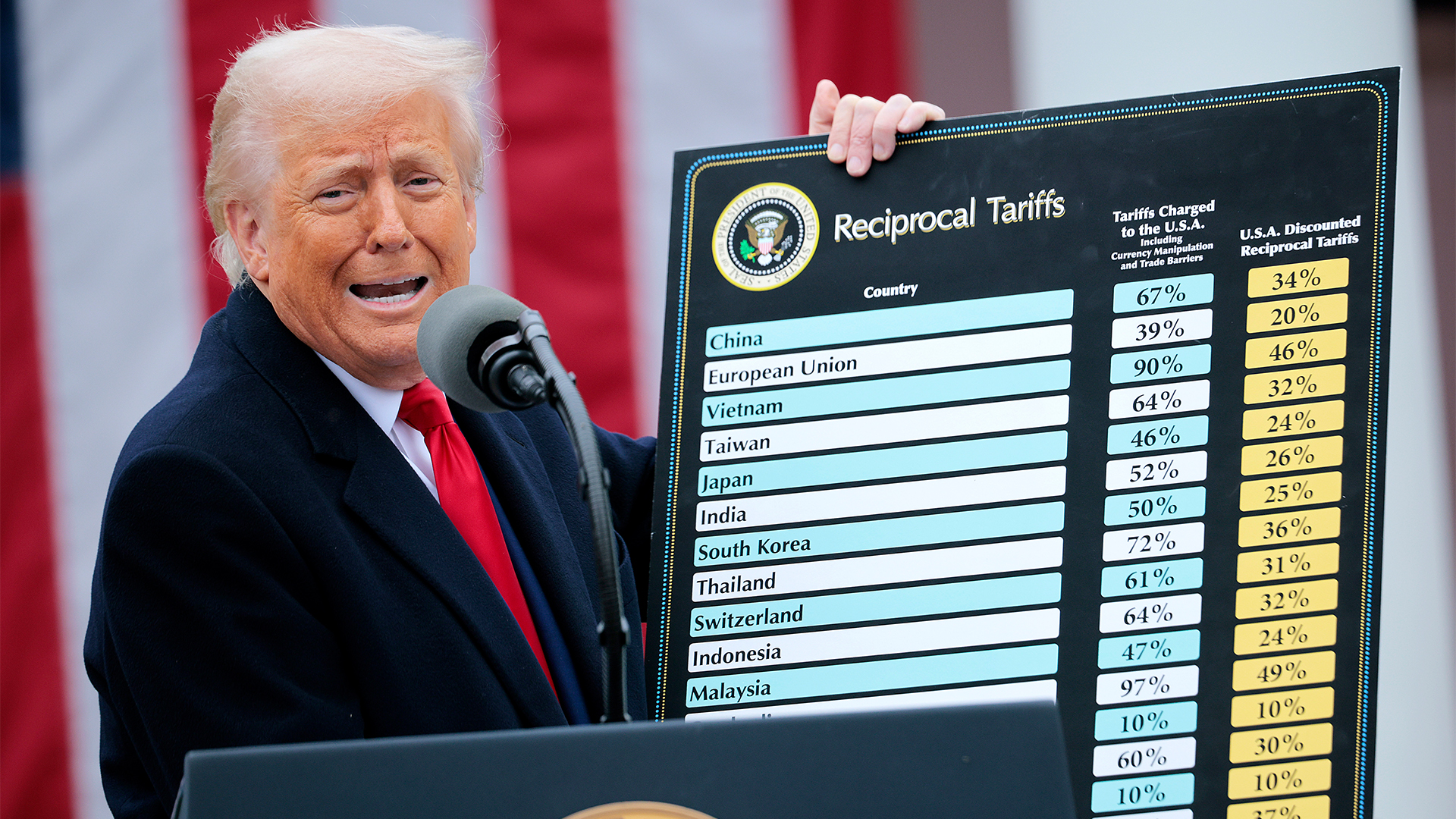 IDC warns US tariffs will impact tech sector spending
IDC warns US tariffs will impact tech sector spendingNews IDC has warned that the US government's sweeping tariffs could cut global IT spending in half over the next six months.
By Bobby Hellard Published
-
 US government urged to overhaul outdated technology
US government urged to overhaul outdated technologyNews A review from the US Government Accountability Office (GAO) has found legacy technology and outdated IT systems are negatively impacting efficiency.
By George Fitzmaurice Published
-
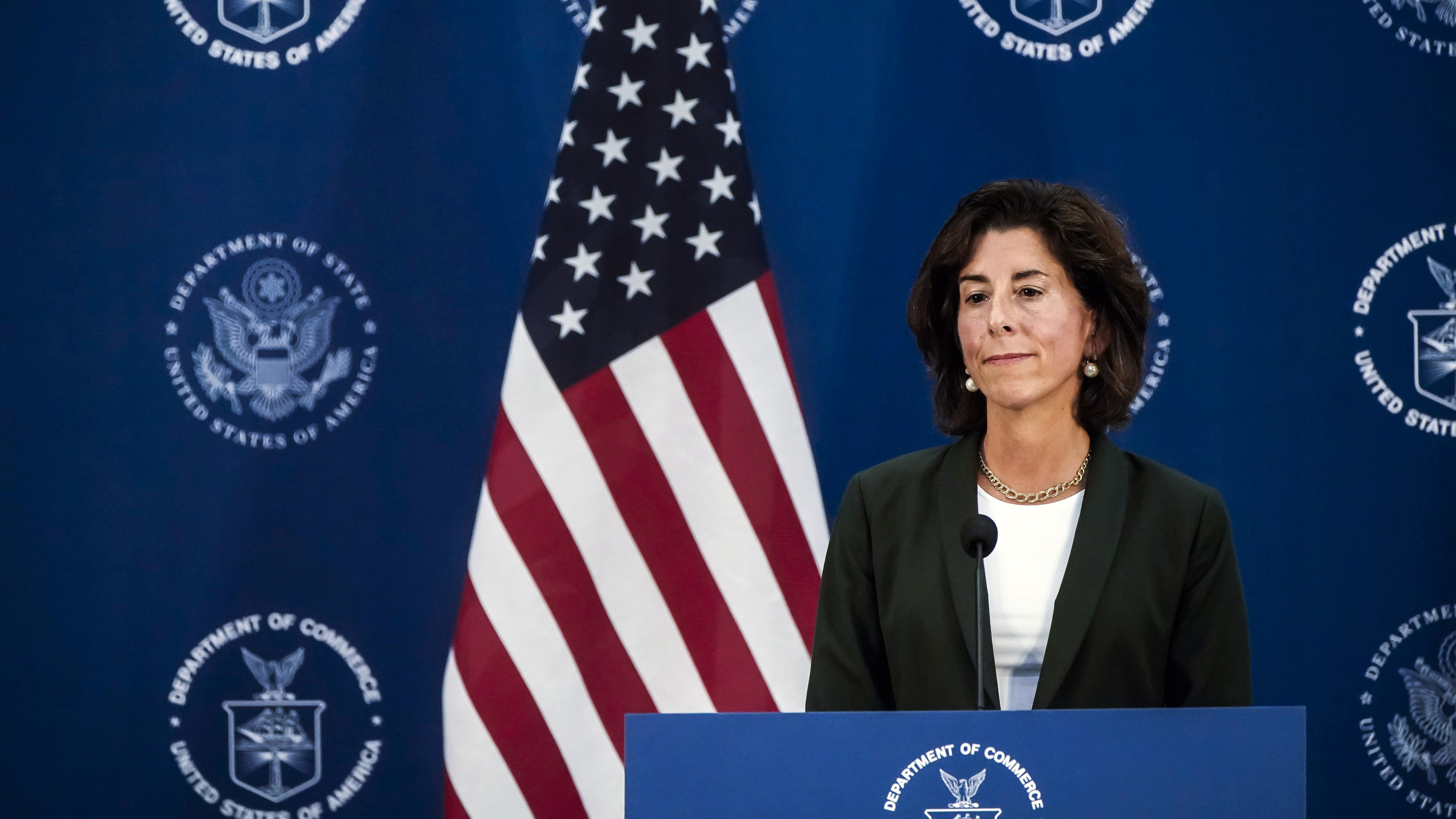 US proposes new ‘know-your-customer’ restrictions on cloud providers
US proposes new ‘know-your-customer’ restrictions on cloud providersNews The US aims to stifle Chinese AI competition with new restrictions on cloud providers to verify foreign data center users
By Solomon Klappholz Published
-
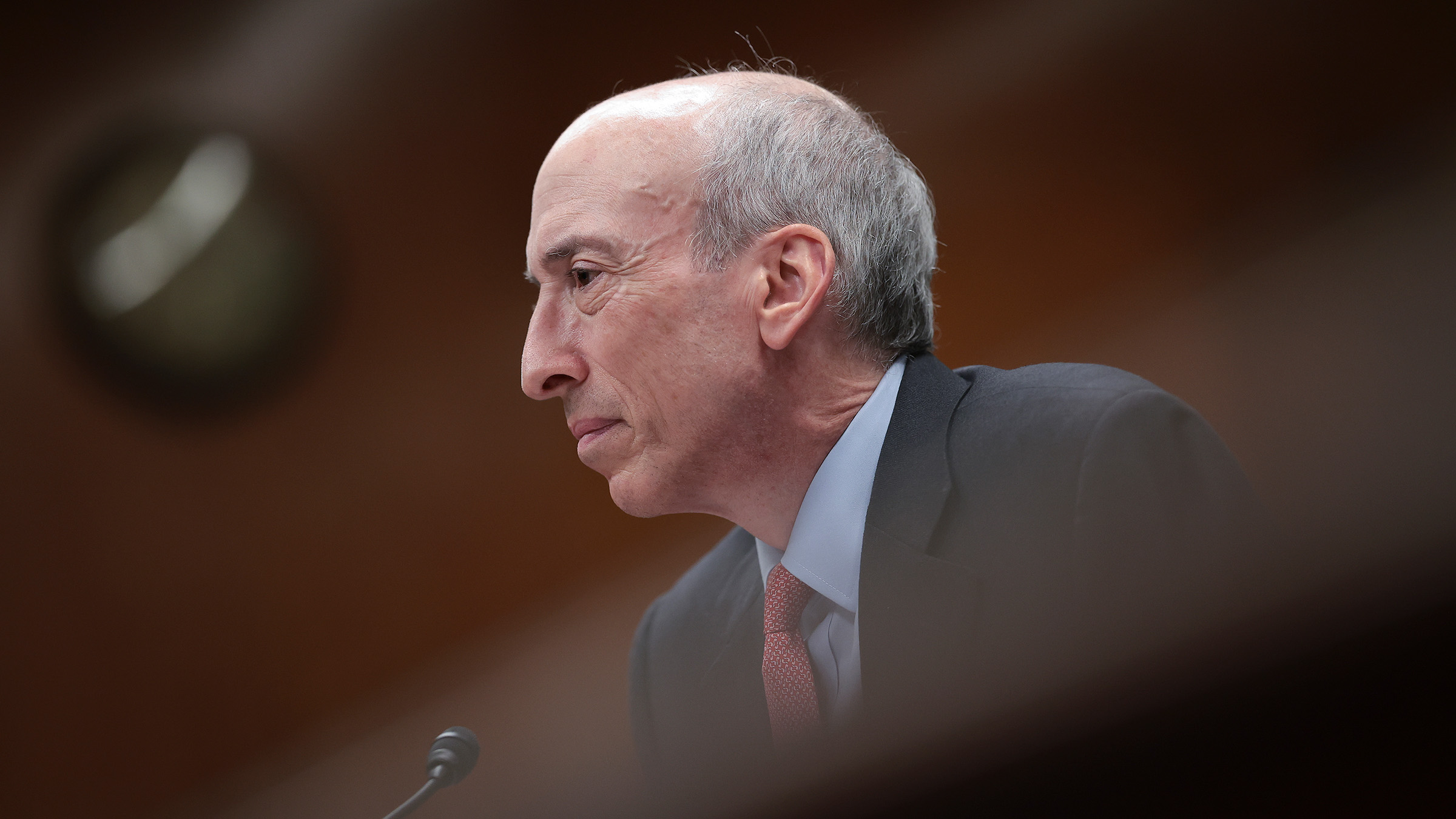 SEC passes rules compelling US public companies to report data breaches within four days
SEC passes rules compelling US public companies to report data breaches within four daysNews Foreign entities trading publicly in the US will also be held to comparative standards
By Rory Bathgate Published
-
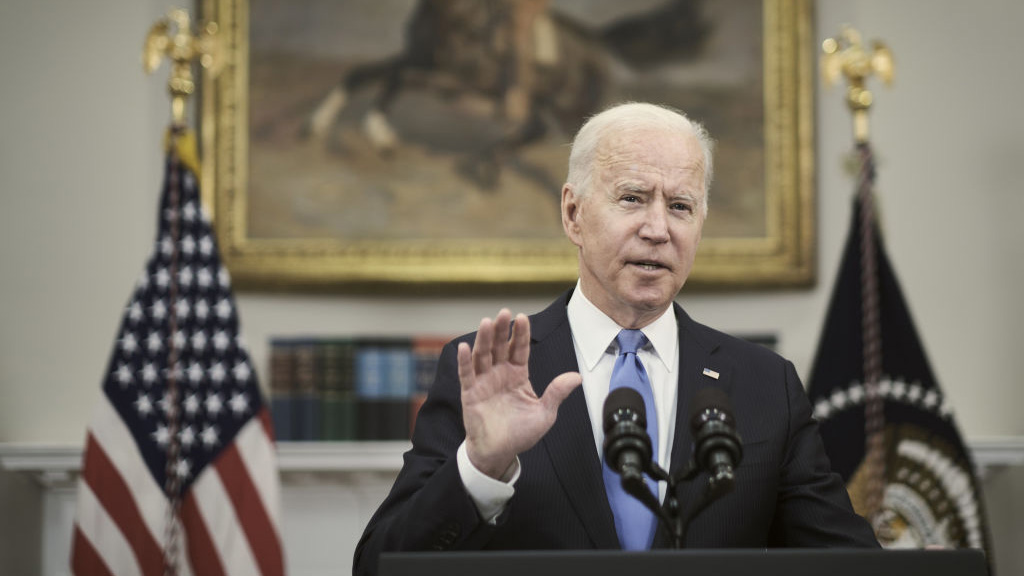 US says National Cybersecurity Strategy will focus on market resilience and private partnerships
US says National Cybersecurity Strategy will focus on market resilience and private partnershipsNews The recently announced implementation plans alow for more aggressive action against ransomware gangs
By Rory Bathgate Published
-
 US ‘Tech Hubs’ drive aims to boost innovation in American heartlands
US ‘Tech Hubs’ drive aims to boost innovation in American heartlandsNews The development of the hubs will could help drive regional innovation and support for tech companies
By Ross Kelly Published
-
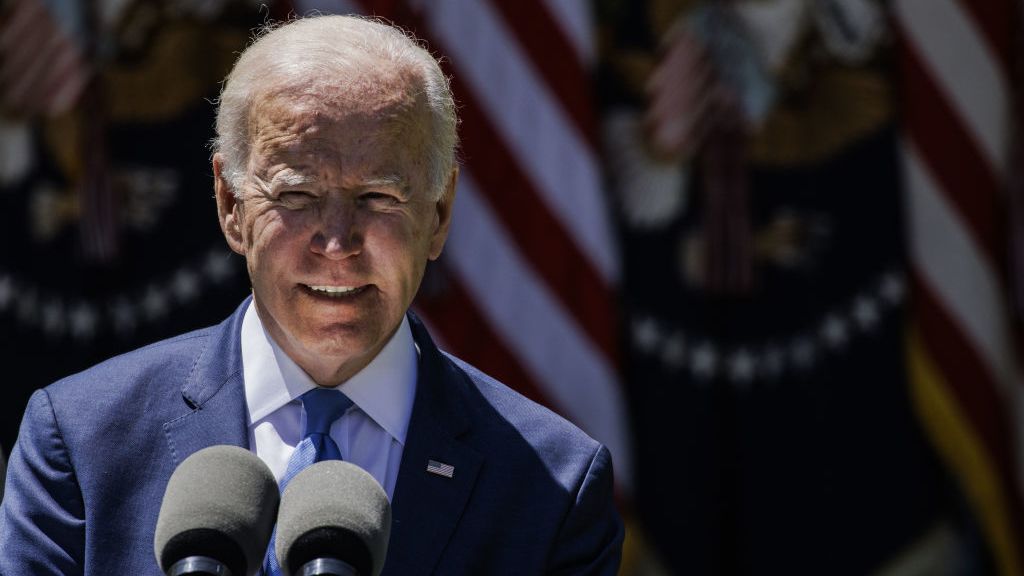 Biden sets June deadline for $42 billion broadband funding outline
Biden sets June deadline for $42 billion broadband funding outlineNews The announced deadline come prior to a much-awaited update to the FCC's US broadband map, giving a clearer image of the internet challenges facing the nation
By Rory Bathgate Published
-
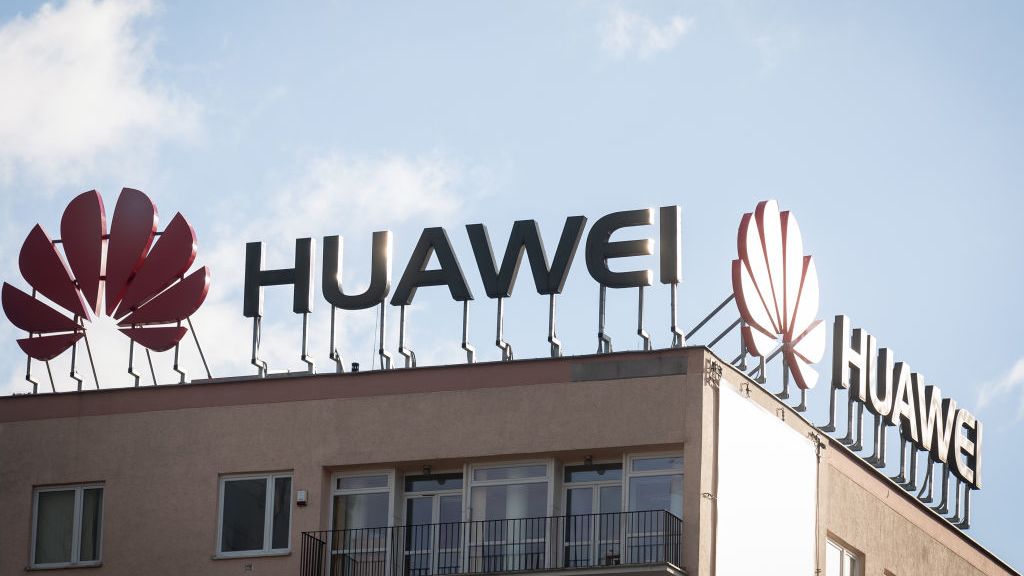 FCC eyes formal ban of all Huawei, ZTE equipment sales
FCC eyes formal ban of all Huawei, ZTE equipment salesNews Approaching the deadline to pass such a ruling, companies such as Kaspersky face similar restrictions
By Rory Bathgate Published